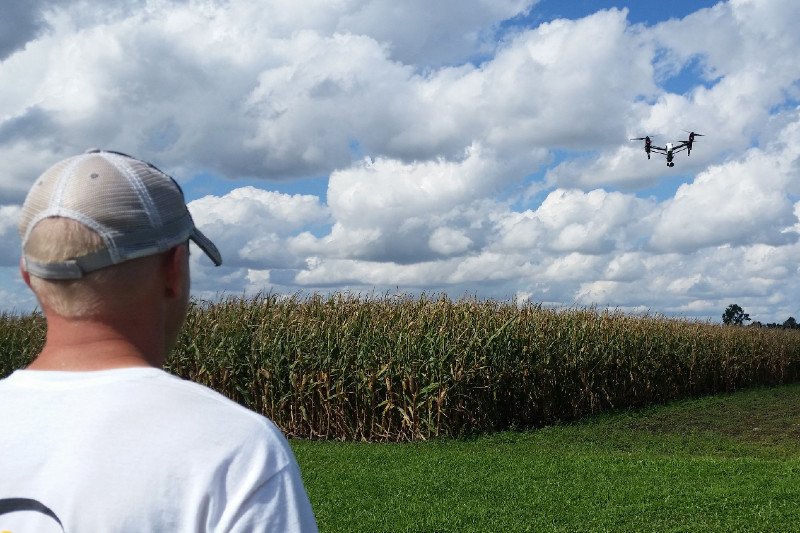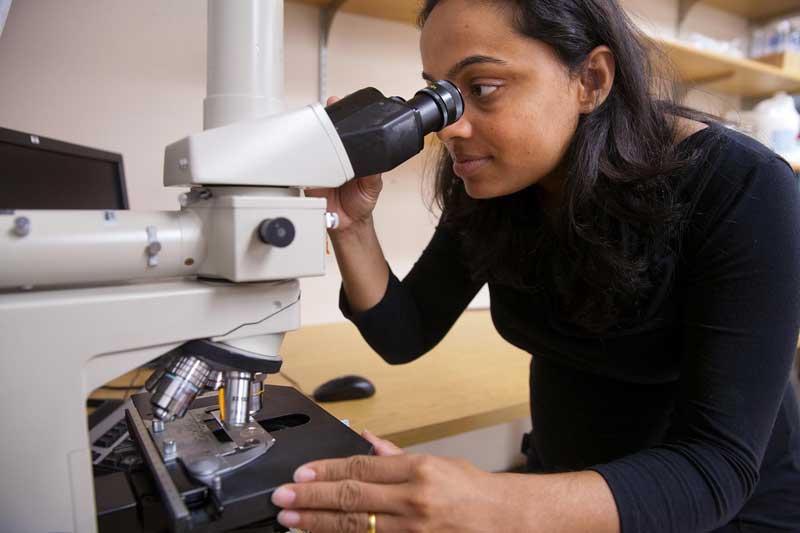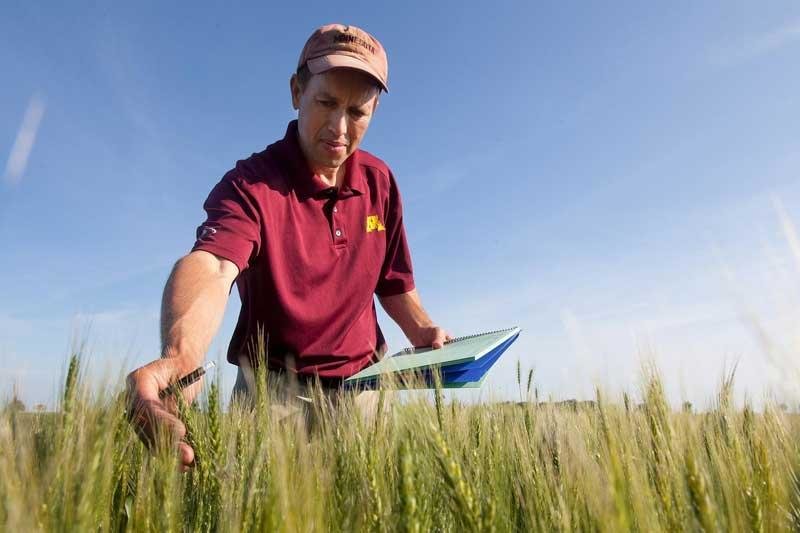Agronomy and Agroecology
Researchers in agronomy and agroecology work to develop and improve cropping systems and weed science, including alternative approaches and management strategies. Emphasis is on improving production efficiency and profitability in an environmentally sound approach that benefits society. Mechanisms of crop physiology and ecology underlying plant responses to the environment are emphasized. Research areas include sustainable agriculture, environmental physiology of agronomic crops, and plant nutrition.
Genetics and Translational Genomics
Modern approaches in genetics and translational genomics are being used to enable an increased understanding of crop diversity and function. Our research efforts address a wide range of questions, such as dissecting molecular signatures of plant domestication, defining genomic variation within germplasm resources, mechanisms of abiotic stress tolerance, and using biotechnology to improve modern varieties. Researchers work closely with breeders and agronomists to develop and apply genetics and genomics tools to enhance performance and quality, and expand the uses of agronomic crops.
Plant Breeding
Research in plant breeding in the Department of Agronomy and Plant Genetics aims to improve plants for food, feed, fuel, and the environment. Our breeders and students develop and utilize breeding methods that incorporate tools in phenotyping, genotyping, and envirotypingto develop germplasm or varieties of corn, soybean, wheat, barley, oat, cover crops, and other plant species that can enhance the diversity of the Minnesota agricultural landscape.



